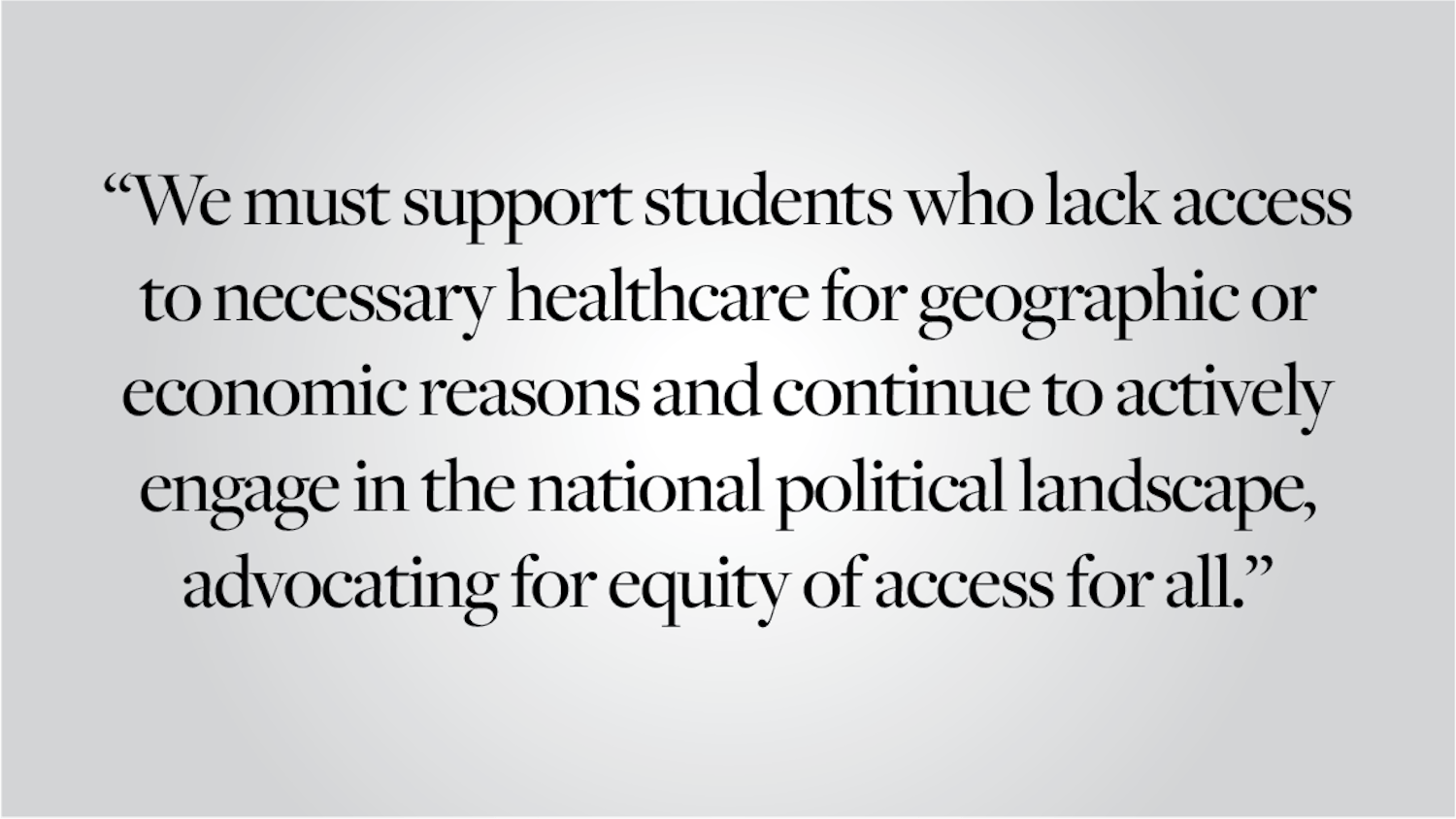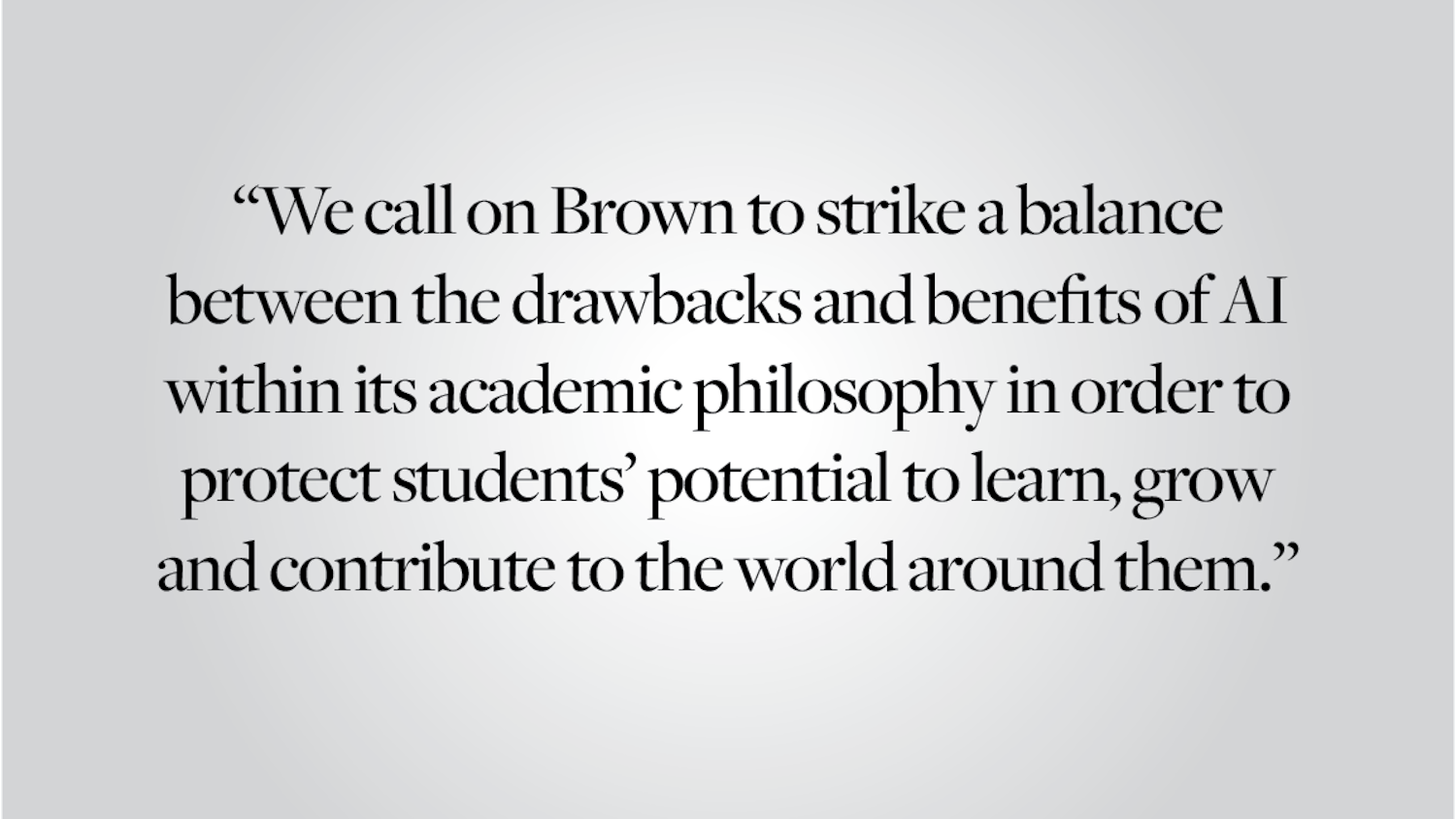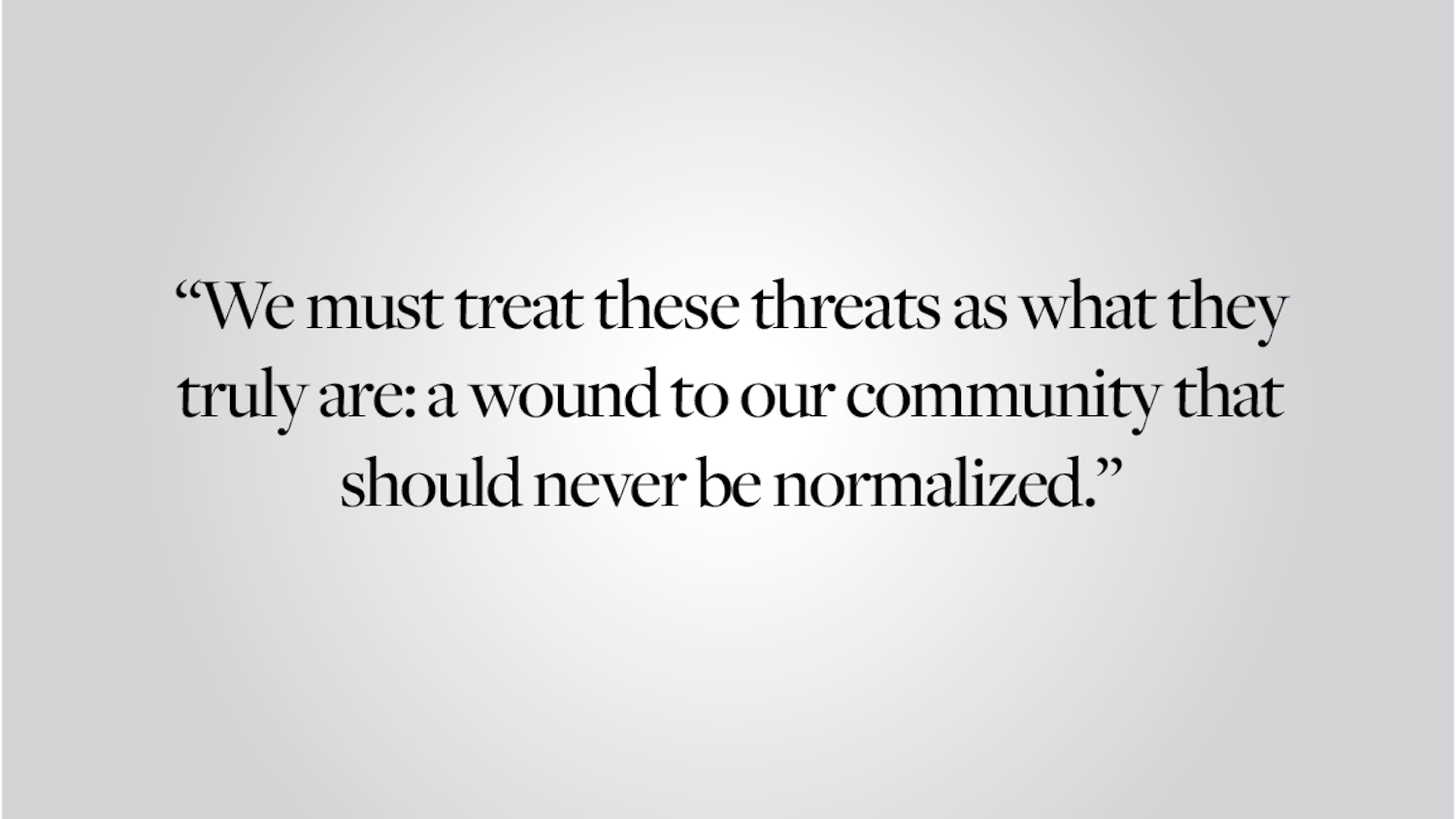Since last winter, the number of school textbooks deemed unsuitable for Russia’s 43,000 schools by President Vladimir Putin has steadily increased, now numbering in the hundreds. Such systemic control over sources of knowledge eerily echoes Soviet-era policies, when the Communist state acted as the nation’s publisher and purveyor of news.
The new upsurge in state control of school textbooks has in effect left only one publishing house standing. The publisher, called Enlightenment, once monopolized the Soviet Union’s publishing market when it was the sole provider of textbooks. Now headed by Arkady Rotenberg, a member of Putin’s inner circle, Enlightenment has been repositioned by the government to knock out competition from all other publishing houses.
The recent restriction of textbooks is an attempt by the Kremlin to create a more “patriotic history” to be taught in Russian schools, which is perhaps exacerbated by the rising tension between Russia and the West. Some of the educational literature dismissed by the government includes textbooks that use a creative teaching style, or those featuring characters from well-known fairy tales like “Snow White and the Seven Dwarfs” or Western children’s stories like “Winnie the Pooh.” The Kremlin also introduced a bill that would establish unified textbooks for history, literature and Russian language, legislation which has been perceived by some as a way to mold Russia’s youth into a generation of loyal and patriotic citizens.
Building a country’s patriotism after centuries of demoralizing dictatorships should be prioritized in the Russian Federation today, but a return to repressive practices that can be likened to those of the Soviet Union — particularly when it affects the education of a nation’s youth — is more than just a step backward. Imposing one version of history is merely another brand of authoritarianism that will do little to push forward Russian society or to legitimize the nation’s position in the international community. This approach also revives the tradition of prohibitively stopping inquiry into important domains of science and math, such as genetics, immunology, economics and statistics, because certain topics will be labeled out of bounds for academic discourse and because the best source material and textbooks may come from publishers outside of Russia. It also should not be forgotten that textbook censorship is only one feature in a series of attacks initiated by the Kremlin, including its crackdown on Internet freedom and its campaigns against books containing profanity. Dictating guidelines for culture is an explicit impediment to free expression. If such policies continue to pile up, it can only mean stagnation for Russian culture and atrophy for civil rights.
Editorials are written by The Herald’s editorial page board: its editors, Alexander Kaplan ’15 and James Rattner ’15, and its members, Natasha Bluth ’15, Manuel Contreras ’16, Baxter DiFabrizio ’15, Manuel Monti-Nussbaum ’15, Katherine Pollock ’16 and Himani Sood ’15. Send comments to editorials@browndailyherald.com.
ADVERTISEMENT




